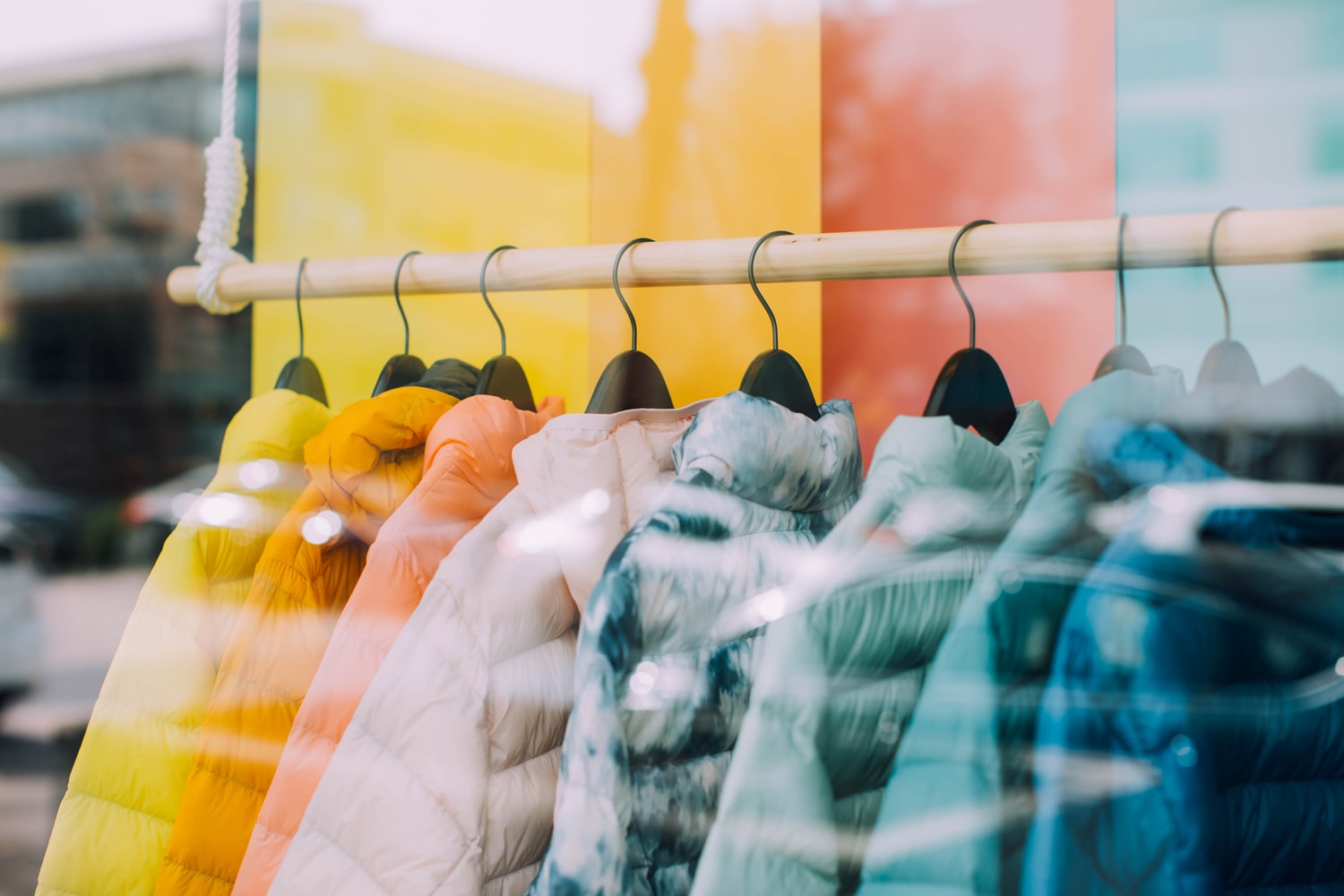
Retail therapy has been shown to boost your mood and positive emotions, but only temporarily. As with all pleasurable experiences, it’s important we only practice it in moderation.
A couple recent studies have looked into the practice of retail therapy and its effect as a mood enhancer. The studies seem to indicate that occasional splurges increase our mood, and can often come with few negative side effects.
In the first study, psychologists surveyed shoppers before and after they left a mall. The researchers found that those who came into the mall in a bad mood were more likely to admit they made an unplanned self-indulgent purchase. This demonstrates that shoppers do often use retail therapy as a strategy to boost their mood when feeling down. But does it work?
To answer this question, researchers had 69 undergraduates write two retrospective diaries about their purchasing behavior and how they felt about it. All shoppers admitted in their first entry that they had bought themselves a treat or reward (usually clothes, food, electronics, or entertainment products). 62% of these purchases were said to be influenced by low mood, while 28% were purchased as a “celebration.”
Interestingly, purchases made based on mood were only half as expensive as the ones purchased as a celebration. This suggests that retail therapy can be constrained, and it is not something that buyers lose complete control over. The diaries also found that out of the 69 individuals, only one experienced some kind of guilt or regret from her purchase; she was the only one to say that she would return the item if given a chance.
Of course, much more research needs to be done on retail therapy and both its benefits and costs. Just based on how much private debt there is in most countries (especially the United States), it is certainly clear that many people have unhealthy obsessions with buying stuff.
It’s also worth noting that studies have shown buying experiences is often better than buying stuff. The novelty of a new pair of shoes or TV often wears off over-time, but when we buy “experiences” we create memories that last a lifetime.
Overall, it is important not to confuse the occasional splurge (or “treat yourself” day) with rampant consumerism and materialism. Retail therapy can work – but we have to use it wisely.
If we become addicted to these quick highs we get after purchasing something new and exciting, then our pleasures can quickly become crutches. Take the materialism quiz to see how you measure when it comes to materialistic beliefs.
Enter your email to stay updated on new articles in self improvement:
